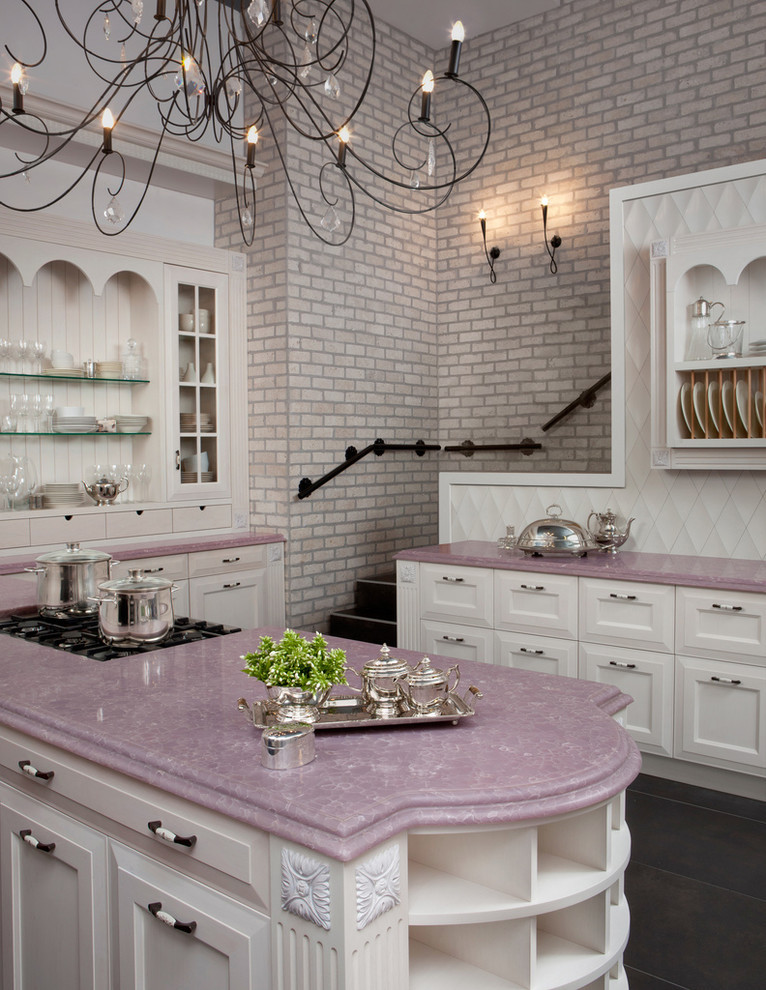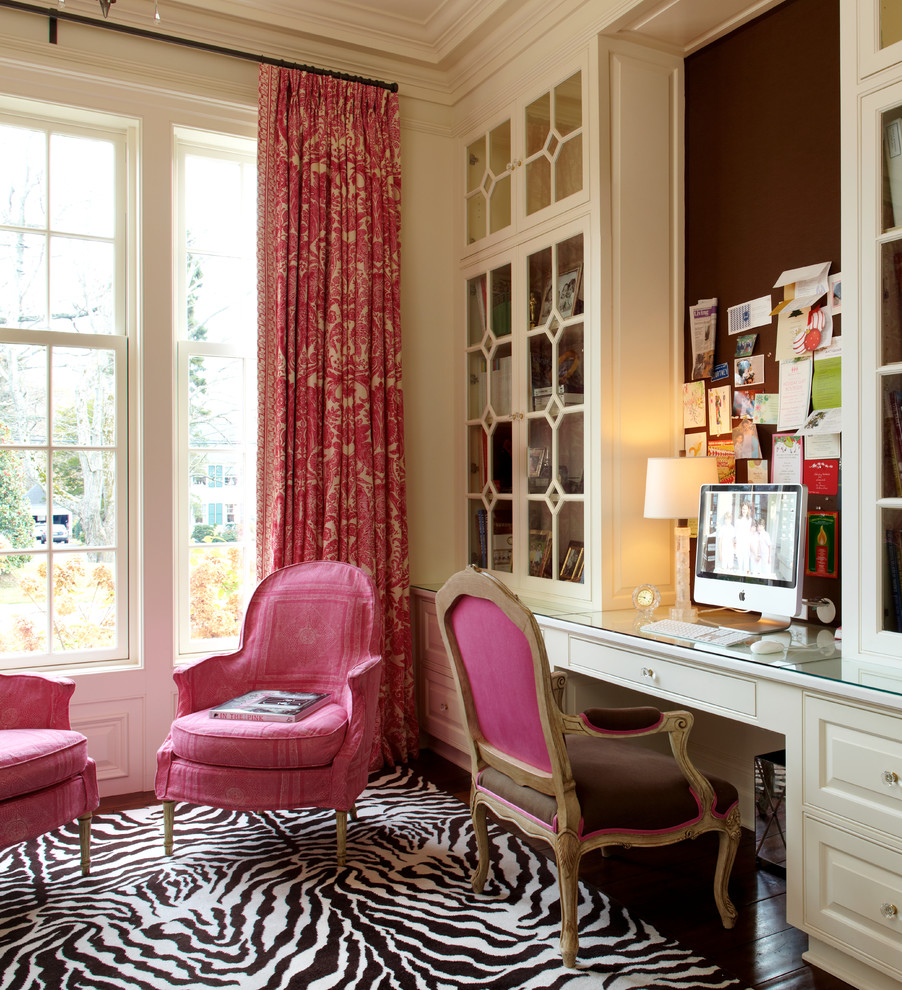How the Design of Your Bedroom Can Affect Your Health
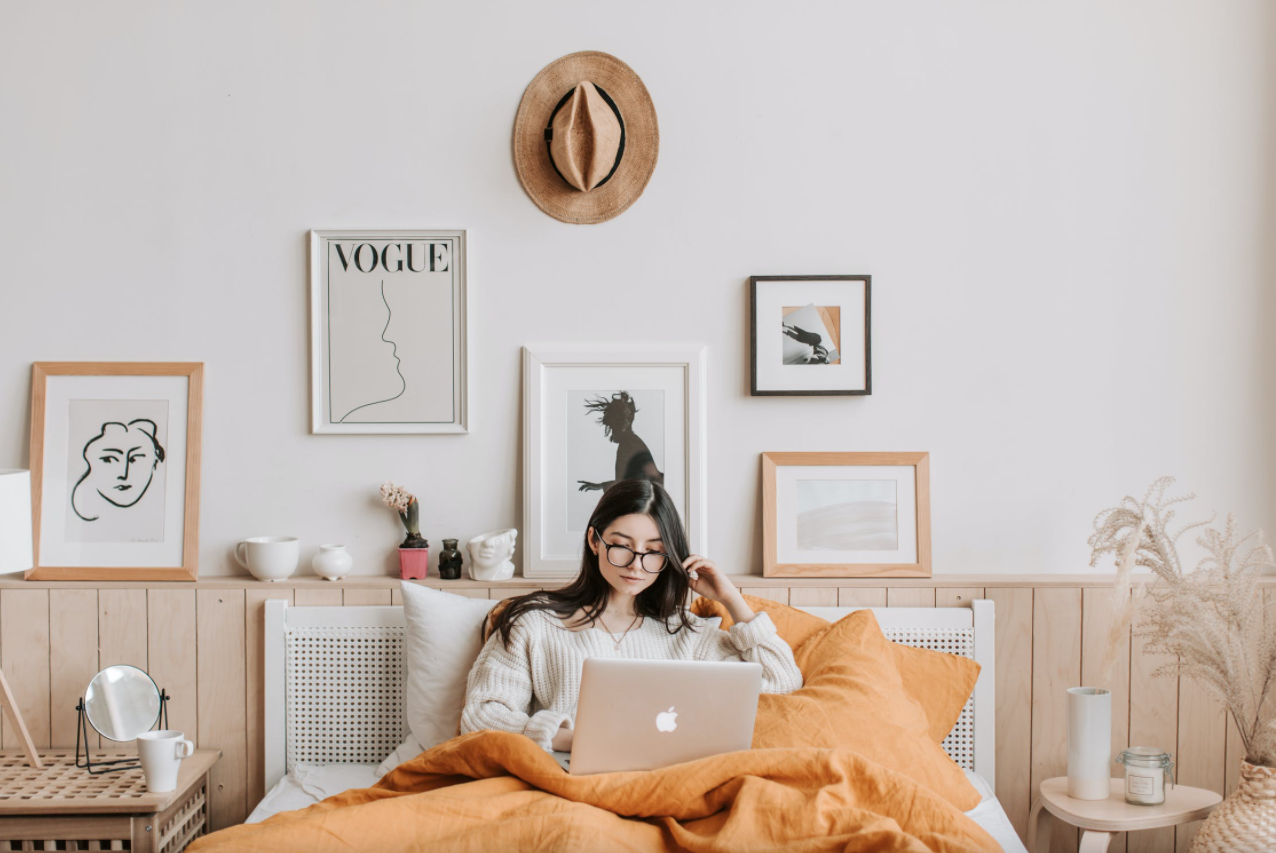
Design your bedroom in a way that will be stylish but also healthy for a good nights rest!
 Photos By: Pexels
Photos By: Pexels
Given that our bedrooms are our safe space to relax, conduct our hobbies and do essentially anything else, it isn’t much of a secret that the way these spaces are designed can affect our health. Whether we are fostering a sense of calm, or spiking our energy levels, our bedrooms hold a lot of power when it comes to sleep, or getting amped up and ready for the day.
With this in mind, it’s interesting to know that we can ‘hack’ the power of our bedroom’s effect on our health to remain positive and promote a happier and healthier lifestyle. Whether we work on adjusting the colour of our walls or decor, reduce the amount of natural light or cut back on sound, there is a lot we can do to our bedrooms that impacts our health.
Let’s take a look below at how your bedroom’s design can affect your health, and how to hack it!
Temperature and Alertness
One of the first things to keep in mind is that the bedroom is one of the easier and more affordable spaces to heat and cool. Given that it is likely a lot smaller than the living room, you’re able to quickly heat or cool the bedroom to your liking, and this gives you the chance to do two things – either warm yourself up and relax yourself, or cool yourself down and amp yourself up for the day ahead.
As humans we respond quite well and quite quickly to temperature change, and so if you’re looking to get ready for bed, or for a relaxing night at home, then keeping your bedroom warmed up will help you out with this.
Adjacently, getting ready to go out or for the day ahead, you’ll be able to chill your room to get the heart going and to kick start yourself for the fast-paced day ahead. For those who work from home, you can also use this to your advantage in your home office space.
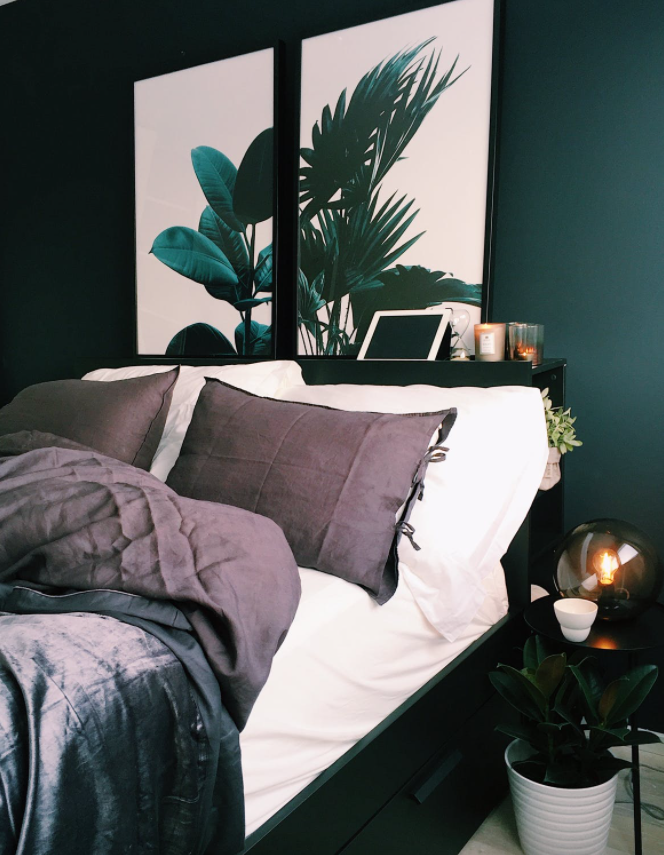
Sleep Can be Initiated by the Bedroom
With our sleep being one of the biggest factors affecting our health, it is imperative to keep in mind that a bedroom which isn’t designed well enough for us to head to bed is going to have a negative impact on our everyday life.
As you will know, a bedroom with too much light, sound or even jarring and bright colours can wreak havoc on our sleep routine, and so it’s important to do all you can to reverse these issues. For example, keeping your bed from being too directly impacted by outside light is a good place to start, and so moving it to face a wall and investing in some blackout curtains is a good idea.
With this noted, keep in mind that a lot of sleep issues really can be remedied by bedroom design and so we have some tips for you below:
* Moving light sources out of view
* Choosing neutral colour tones
* Softening hard surfaces to reduce sound echo
* Investing in a well-sized mattress
* Furnish the bedroom for sleep
Added to these tips, making sure you have the correct sleep-aids for any conditions you have like sleep apnea is a consideration you should make when organising your bedroom. With a correctly-designed bedroom you’ll have space for a CPAP machine, for example.
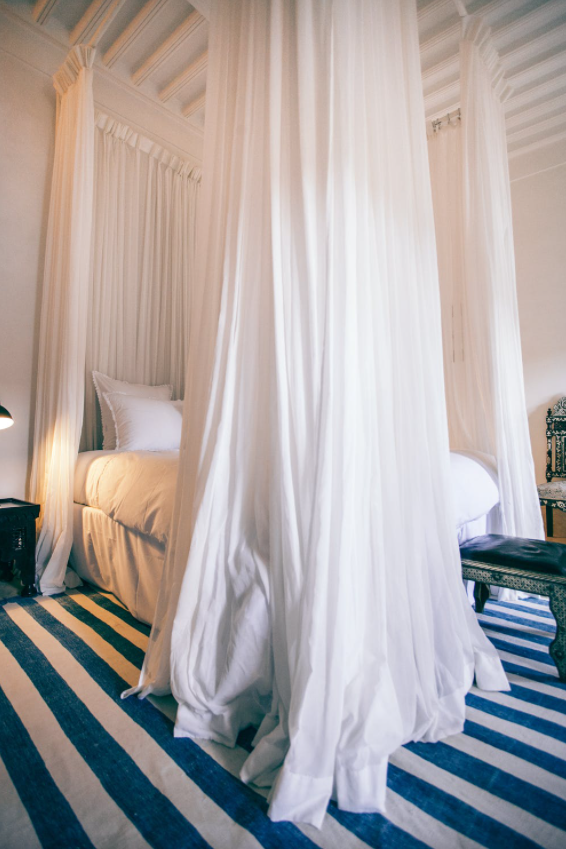
Cramped Space Causes Stress
Another key point to consider when it comes to bedroom design is to keep an eye out for avenues where clutter builds up. If you have a bedroom that has a lot going on in it, and nowhere to store your possessions, then you’re going to find yourself on edge and rather stressed simply because you’re living and sleeping in a cramped space.
Though you aren’t expected to throw everything out, it is a good idea to take a rather minimalist and ‘clean’ approach to our bedroom design if you’re looking to cut out stress and keep your health in the green.
One final thing to keep in mind is that when it comes to your bedroom’s clutter, layout of your furniture plays a big role here. We understand that not all of our readers live in spacious homes, and with apartments and smaller homes out there seemingly a little more difficult to de-clutter, we ask that you consider a more calculated approach to styling and furnishing a small bedroom to reduce your chances of seeing clutter-related stress.



